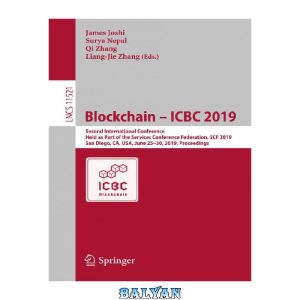ترجمه فارسی توضیحات (ترجمه ماشینی)
واژه های گمشده: روایت های زبان و مغز، 1825-1926
در اواسط قرن نوزدهم، پزشکان موارد متعددی را مشاهده کردند که در آن افراد توانایی تشکیل کلمات گفتاری را از دست دادند، حتی اگر از بسیاری جهات دیگر سالم و عاقل بودند. با مطالعه این وضعیت، که به “آفازی” معروف شد، متخصصان مغز و اعصاب توانستند نشان دهند که عملکردهای ذهن در نواحی موضعی مغز ریشه دارد. در اینجا L. S. Jacyna نوشته های پزشکی در مورد آفازی را تجزیه و تحلیل می کند تا گفتمان علمی مدرن در مورد روابط بین زبان و مغز را از همان آغاز این بحث تا جنگ جهانی اول روشن کند. مشاهده این متون به عنوان ادبیات – کامل با استعاره های راهنما و راهبردهای بلاغی – جاسینا قدرتی را که آنها بر روشهایی که سوژه انسانی در پزشکی ساخته شده بود، نشان میدهد.
Jacyna متون پزشکی را به خوانشهای انتقادی مختلف ارسال میکند و مروری بر بازنمایی تصویری مرتبط با ایجاد آفازیولوژی ارائه میدهد. او جنبههای علمی، تجربی و بالینی این حوزه جدید را همراه با ابعاد فرهنگی، حرفهای و سیاسی آنچه که به گفتمان معتبر درباره زبان و مغز تبدیل میشود، در نظر میگیرد. هسته اصلی این مطالعه تحقیقی در مورد فرآیندهایی است که در آن مردان و زنانی که از از دست دادن زبان رنج میبرند به “آفازیک” تبدیل میشوند، موجودی که قابل بررسی علمی است و قادر به ارائه بینشهایی در مورد عملکردهای اساسی مغز است. اما هویت انسانی سوژه چه شد؟ واژه های گمشده پیوندهای میان زبان، انسانیت و حضور ذهنی را بررسی می کند که پروژه آفازیولوژیک را به یکی از جذابیت های مداوم تبدیل می کند.
In the mid-nineteenth century, physicians observed numerous cases in which individuals lost the ability to form spoken words, even as they remained sane and healthy in most other ways. By studying this condition, which came to be known as “aphasia,” neurologists were able to show that functions of mind were rooted in localized areas of the brain. Here L. S. Jacyna analyzes medical writings on aphasia to illuminate modern scientific discourse on the relations between language and the brain, from the very beginnings of this discussion through World War I. Viewing these texts as literature–complete with guiding metaphors and rhetorical strategies–Jacyna reveals the power they exerted on the ways in which the human subject was constructed in medicine.
Jacyna submits the medical texts to various critical readings and provides a review of the pictorial representation involved with the creation of aphasiology. He considers the scientific, experimental, and clinical aspects of this new field, together with the cultural, professional, and political dimensions of what would become the authoritative discourse about language and the brain. At the core of the study is an inquiry into the processes whereby men and women suffering from language loss were transformed into the “aphasic,” an entity amenable to scientific scrutiny and capable of yielding insights about the fundamental workings of the brain. But what became of the subject’s human identity? Lost Words explores the links among language, humanity, and mental presence that make the aphasiological project one of continuing fascination.












نقد و بررسیها
هنوز بررسیای ثبت نشده است.